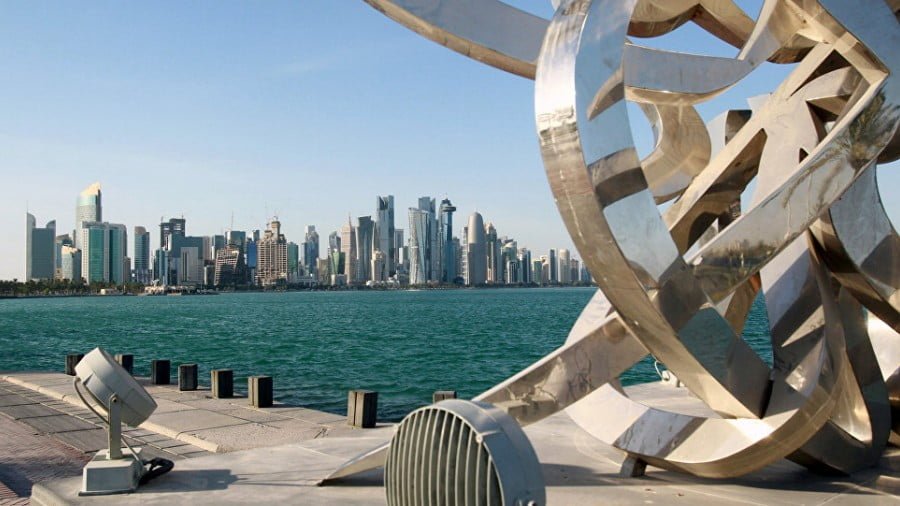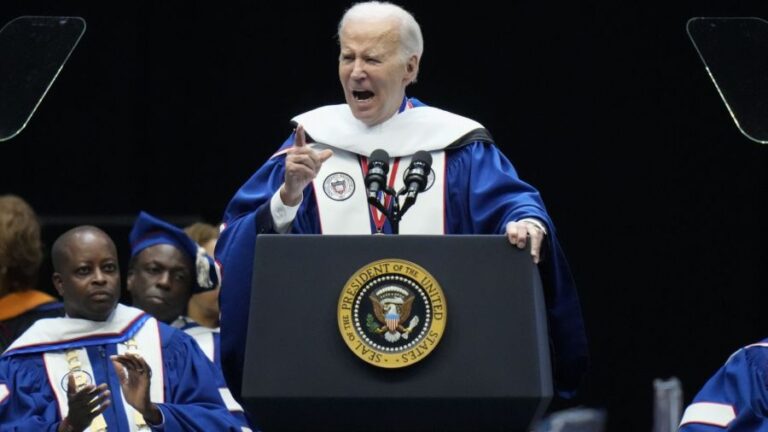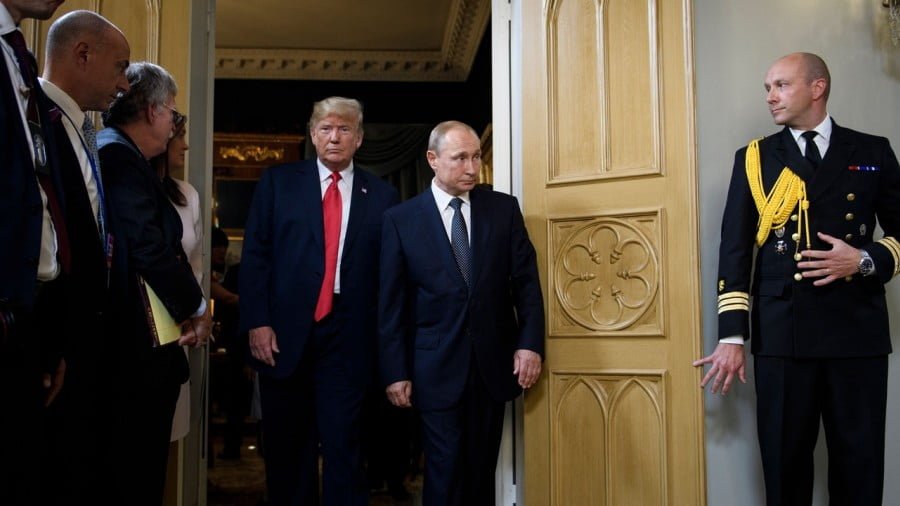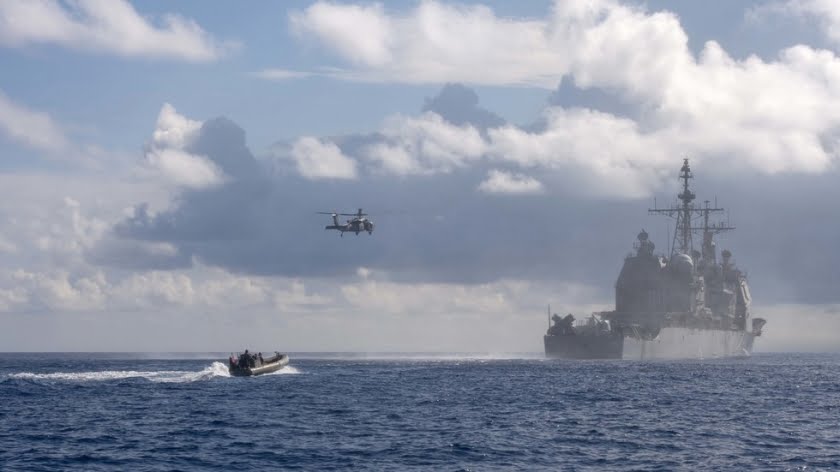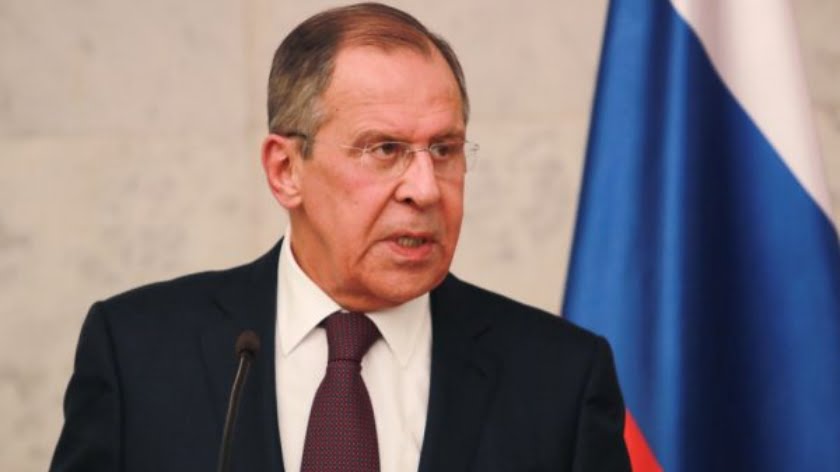Saudi Arabia Wants to Cut Qatar Off – Literally
Saudi Arabia is planning to literally cut Qatar off from the mainland by building a canal along its border.
The move would also see Saudi Arabia store nuclear waste on the southern part of the new so-called “island” that would still remain under its sovereignty, as well as build a base on that side of the shoreline too. This dramatic move is being justified by the Kingdom as connecting the two separate parts of its Gulf coast and representing an unprecedented “Vision 2030” economic investment in the region, but in reality it’s probably driven by the symbolism of physically removing Qatar from the rest of the Arabian Peninsula and its GCC integrational group with whom it’s recently been feuding.
This implies that Riyadh doesn’t believe that a “sustainable solution” is on the horizon and is instead expecting that the “Gulf Cold War” will persist. It’s not hard to see why, either, because regional Great Powers Iran and Turkey have rushed to Qatar’s aid during the crisis and now have concrete economic and strategic interests in its sovereignty, something that Saudi Arabia would want to functionally remove as part of its envisioned “resolution” of this crisis. The summer drama about a speculated Saudi-Emirati joint invasion of the country and/or its undermining from within via a GCC-backed coup has largely faded, hence the attention-grabbing but “face-saving” symbolic action of building a canal instead.
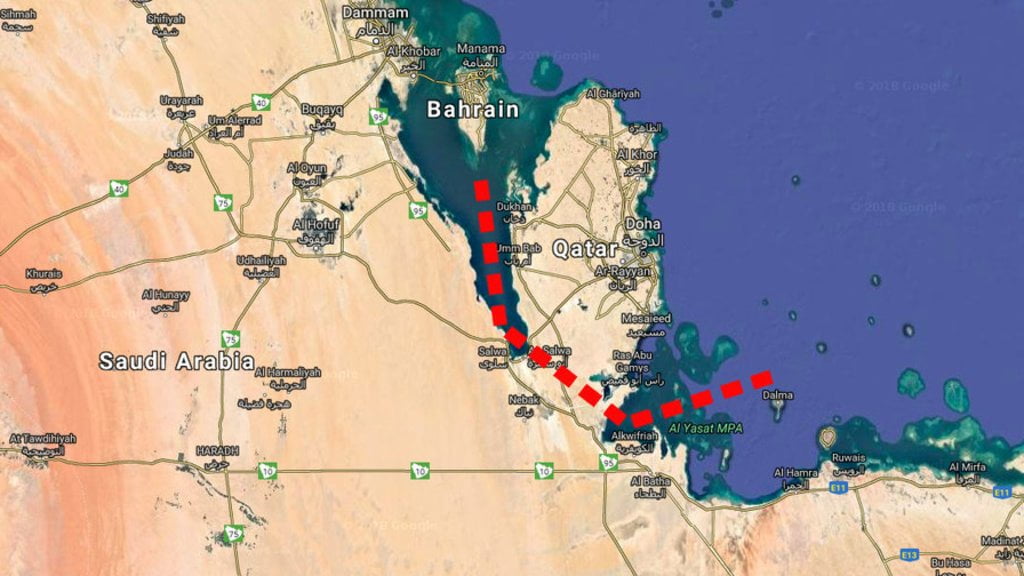
Saudi Arabia also hopes that the psychological pressure of being cut off from the mainland together with the deployment of a Saudi base and the construction of a nuclear storage facility on the southern half of the newly created “island” will ensure that Qatar continues to feel under threat, though this might inadvertently backfire by triggering a “siege mentality” among its population – both native-born citizens and foreign workers – that could reinforce the country’s resilience to Hybrid War, as well as increase their sympathies for the multipolar Great Powers of Iran and Turkey. Another repercussion that shouldn’t be overlooked is that the prolongation of the “Gulf Cold War” is also advantageous for America because it can continue to divide and rule its Arab allies while profiting handsomely from arms exports to each.
Therefore, the canal’s geopolitical consequences could be mixed, but their actual impact will remain to be seen.

